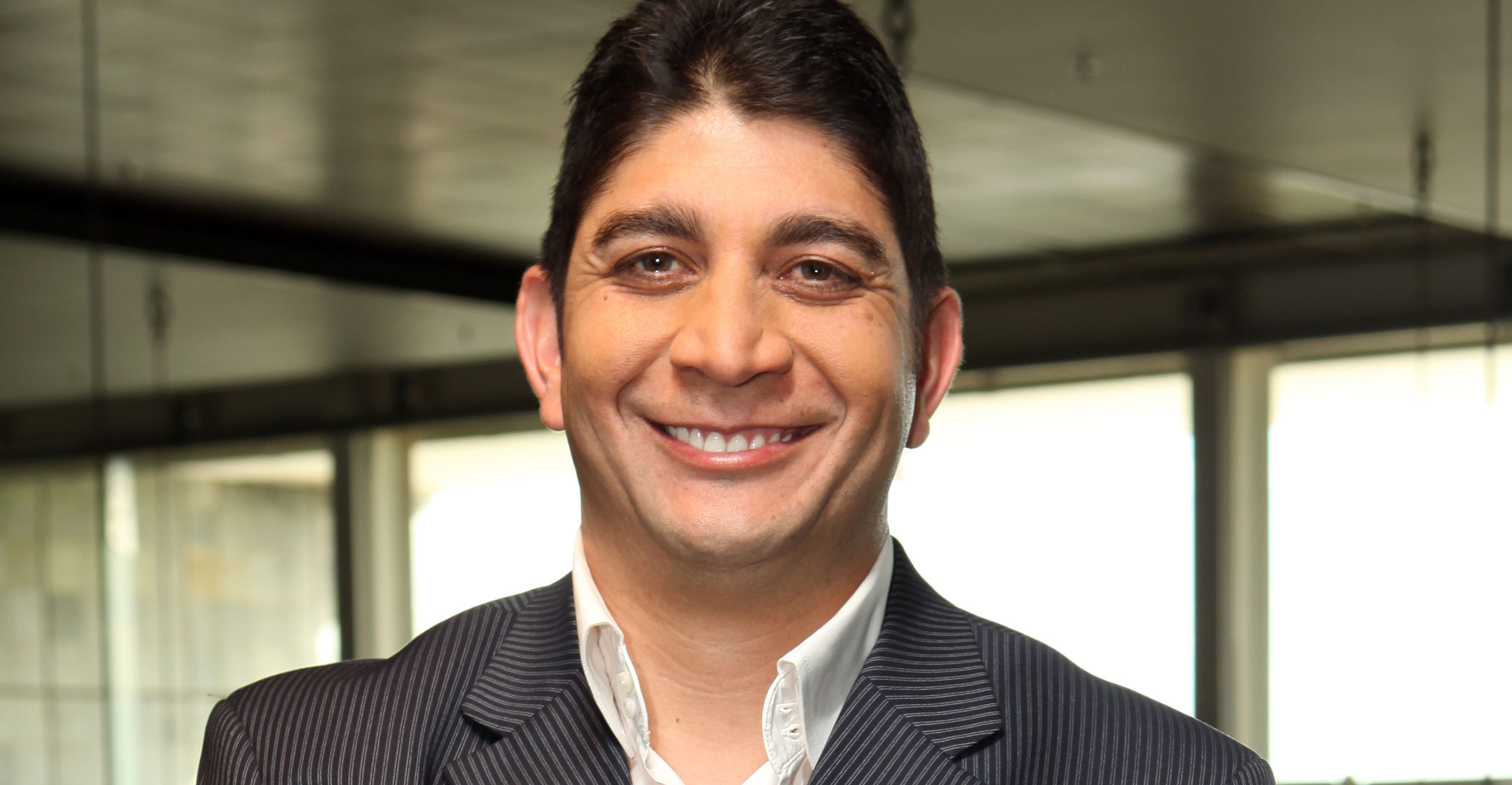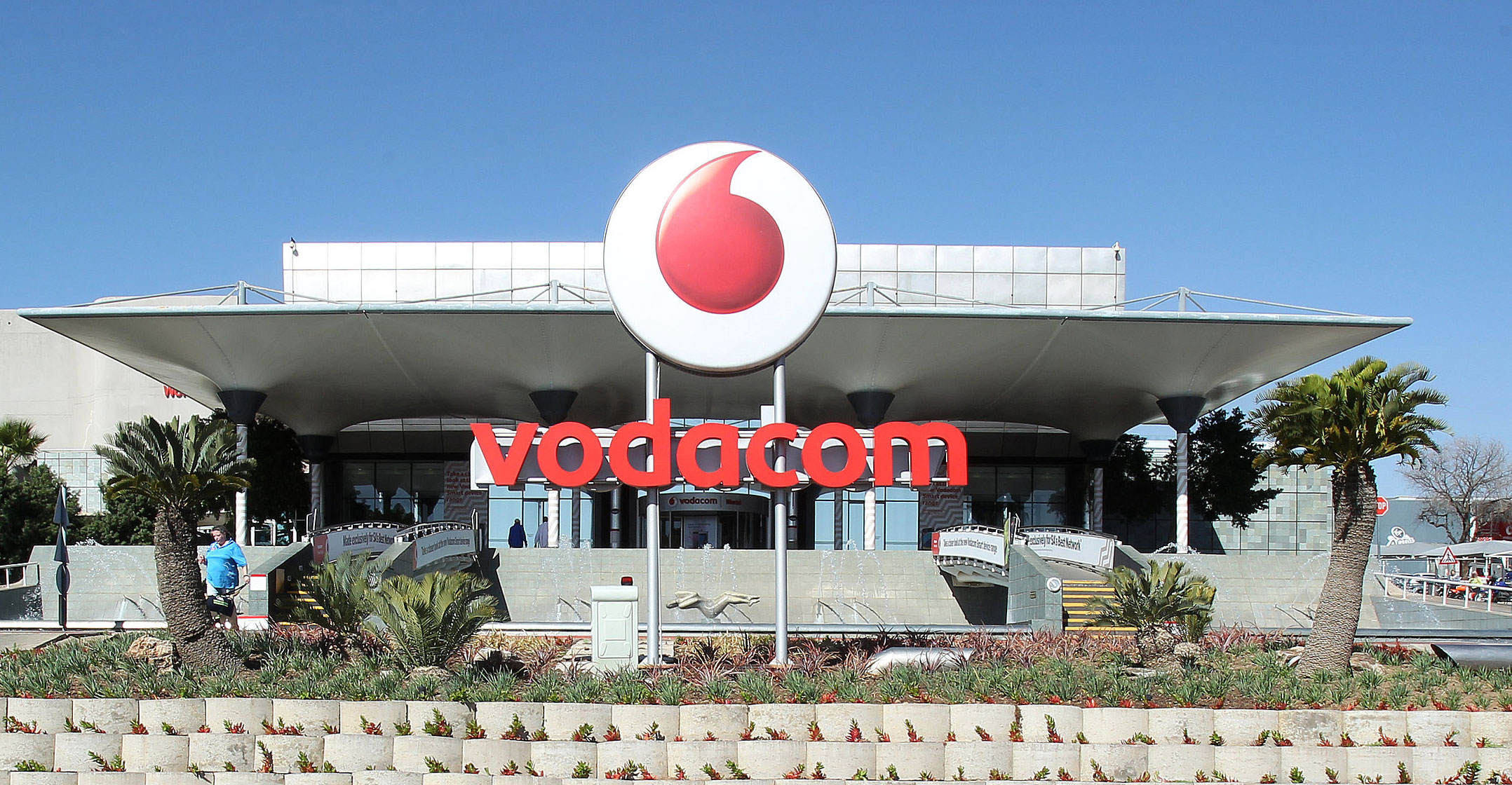
Vodacom simply doesn’t have the network capacity to be able to sell access to its network on a wholesale basis to South African Internet service providers, the telecommunication’s group CEO, Shameel Joosub, said on Thursday.
Joosub, who was speaking at the Competition Commission’s inquiry into the data services market in South Africa, was responding to remarks at the same inquiry on Wednesday by the Internet Service Providers’ Association (Ispa), which urged the commission to force the mobile operators to open their networks on a wholesale basis to ISPs to foster innovation and drive down mobile data prices for end users.
Ispa regulatory adviser Dominic Cull said a similar model to the one introduced in the fixed-line market should be applied in mobile, whereby consumers can choose whichever ISP they want to get access to mobile infrastructure.
Joosub said Vodacom’s network is severely constrained already, and had been forced to roam on Rain’s network to alleviate this pressure.
“Smaller players are saying we need better wholesale prices. I can give you better wholesale prices, but I don’t have the capacity to give (this to) you,” the Vodacom CEO said. “What do I do? Make my situation even worse…? Do you want me to sell you something I don’t have?”
Cull told the commission that Ispa would like to see a similar model to the one used in fixed-line Internet access — where dozens of ISPs compete to sell capacity on the fixed networks of Telkom and other operators — applied in the mobile space.
Currently, if someone wants to use Vodacom’s network for data services, for example, they must engage directly with the company, with no option of choosing another ISP, Cull said.
Compete aggressively
He said Ispa wants the commission to intervene in the wholesale market for mobile data through pro-competitive measures that impose obligations on dominant mobile operators to offer wholesale open-access to ISPs. This will allow ISPs to compete aggressively with one another for mobile data services, much like they do today in the fixed-line market, driving down prices in the process.
At the same time, the commission should impose functional separation of “vertically integrated incumbents to underpin those wholesale open-access obligations”. Such a move would be in line with the policy direction taken by government in the Electronic Communications Amendment Bill, he argued.
Speaking at the same inquiry on Thursday, Joosub emphasised that the mobile market is competitive and is benefiting consumers. He said Vodacom has “been taking a lot of pressure” in big data bundles from Telkom Mobile.

Telkom has “driven prices down” and Vodacom needs to “get its act together” to compete effectively. “Selling 50GB or 100GB bundles has serious issues on the network, but we are losing those customers (to Telkom). We’ve had to say how do we be more competitive in that space.”
But he cautioned that Vodacom cannot simply cut prices across the board due to the impact it will have on its finances and ability to invest. “You have to manage it. It’s difficult in a telco to manage all of that.”
He said that if Vodacom is awarded additional radio frequency spectrum, it will lead to lower prices, though not immediately. “It doesn’t all happen immediately, but it does drive down your underlying costs, and you can bring down the underlying prices. How much can you address at the same time? You have to put the investment in, drop the prices and get some sort of return so you can continue to invest.”
Joosub again urged regulators to license spectrum as soon as possible, including for building 5G networks. “Will we be a leader in 5G? We were one of the first countries in the world to launch a GSM network. We invented prepaid for the world. Are we going to have the same discussion on 5G, or are we going to license it early? 5G gives you the ability to emulate what fibre does… Let’s put in 5G technology as soon as it’s available. It will help us to get fibre-like connectivity more cost effectively to everyone.” — © 2018 NewsCentral Media




